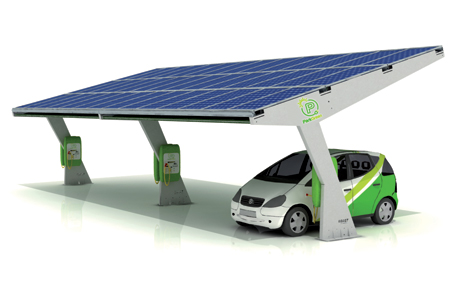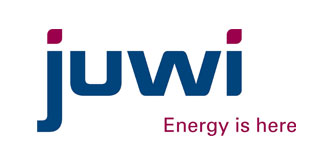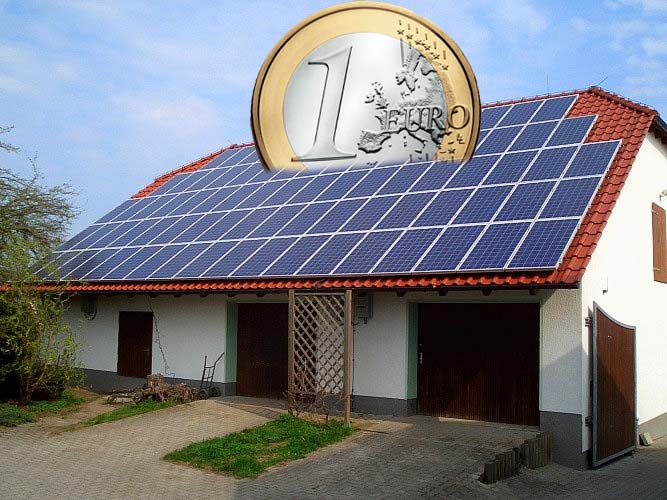Η ECO//SUN στα πλαίσια της συμμετοχής της σε ανοιχτό διαγωνισμό, ανακοινώνει την πρόκρισή της και ταυτόχρονη ανάθεση έργου από την εταιρεία ΔΕΗ ΑΝΑΝΕΩΣΙΜΕΣ Α.Ε. ως φορέα υλοποίησης έργου <Προμήθεια Φ/Β πλαισίων κρυσταλλικού πυριτίου συνολικής μέγιστης ονομαστικής ισχύος 60 KWp, πέντε τριφασικών αντιστροφέων (inverter) ονομαστικής ισχύος 10-12 KVA και ενός συστήματος επικοινωνίας για την ανακατασκευή Φ/Β σταθμού ισχύος 60 KWp της εταιρείας ΔΕΗ ΑΝΑΝΕΩΣΙΜΕΣ Α.Ε. στη Σίφνο>.
Επιπροσθέτως , η εταιρεία ΕCO//SUN στα πλαίσια συμμετοχής της σε ανοιχτό διαγωνισμό, προκρίθηκε και της ανατέθηκε από την ΙΕΡΑ ΚΟΙΝΟΤΗΤΑ ΑΓΙΟΥ ΟΡΟΥΣ ΑΘΩ ,να προμηθεύσει υλικά Η/Μ εγκαταστάσεων για τις ανάγκες αποκατάστασης του έργου <Αποκατάσταση Κελλίου <Γενέσιον της Θεοτόκου> (έναντι Πρωτάτου)της Ιεράς Μονής Διονυσίου στις Καρυές του Αγίου Όρους>, και πιο συγκεκριμένα έναν inverter και μία μπαταρία.
H ECO//SUN παραμένει εδώ και 18 χρόνια πιστή στην αποστολή της, και πλήρως αφοσιωμένη στις δεσμεύσεις της προς το συμφέρον των πελατών της.
ECO//SUN. Solar is our future.



